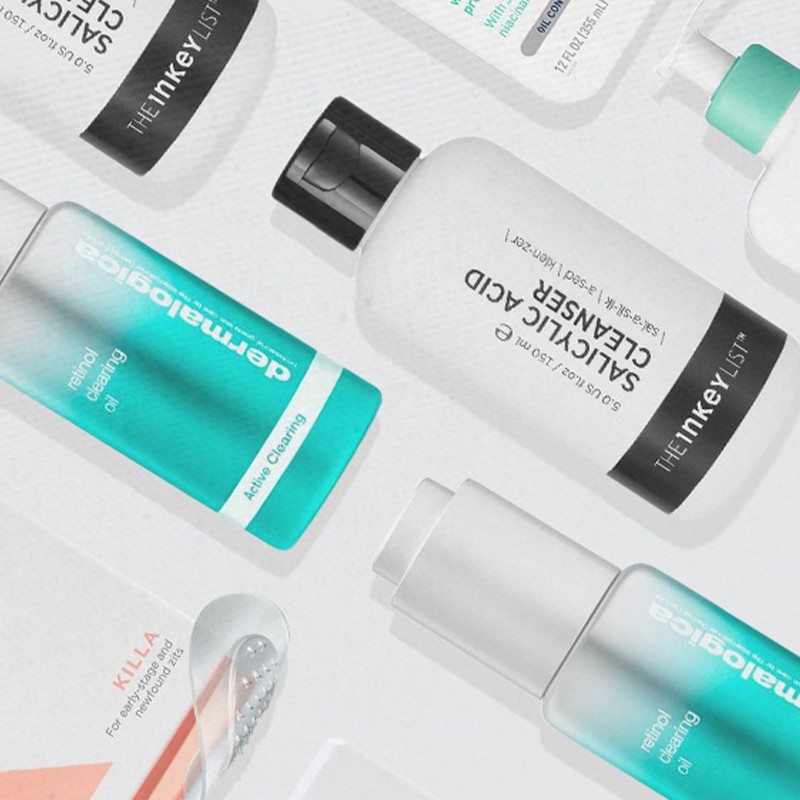Problem Skin: Your Questions Answered
Why is my skin so oily?
“Men have naturally oilier skin than women. This is primarily down to higher levels of testosterone. While you need a certain amount of natural oil to keep the skin hydrated, too much can clog pores and cause acne. If you find your skin is particularly oily, try to cleanse the skin with a gentle cleanser, particularly after exercising. Avoid using oil-stripping products, which can trigger the skin to produce more oil to compensate, and be careful when shaving. Shaving can be a natural exfoliator, but it also exposes the top layer of skin, making it sensitive and it can lead the skin to produce more oil to protect itself. If you suffer from oily skin after shaving, try dabbing diluted tea tree oil over the shaved area as it’s antibacterial, anti-inflammatory and will prevent excess oil production. Tweaking your diet can also help – reducing your sugar intake is a good place to start. Sugar converts testosterone in the skin to an inflammatory hormone called DHT, which can trigger the production of oil. Eat foods rich in antioxidants, healthy fats, protein and fibre, which are good for healthy hormone production, and take an omega-3 and zinc supplement, which will help reduce inflammation and regulate oil.” – Dr Terry Loong, Integrative Cosmetic Doctor, Get Harley.
How common is acne among men?
“Up to 10% of adults over the age of 35 have acne. It’s caused by a combination of overactive oil glands, hormones, pore blockage and bacterial overgrowth. Acne tends to improve within a year of two, so the first line of treatment is to suppress the inflammation until the acne disappears. This may involve lotions or tablets such as topical retinoids or oral or topical antibiotics. These treatments work by either reducing the number of bacteria on the skin, or by removing the dead skin cells which help unblock hair follicles that have become plugged. It can take a couple of months for results to be seen, so be patient and stick with the treatment even if you don’t see results immediately. Benzoyl peroxide and salicylic acid are two ingredients to look for when buying acne products. If you have mild acne, look for a gel that contains 5% benzoyl peroxide and an antibacterial face wash that contains salicylic acid.” – Dr Adam Friedmann, Consultant Dermatologist, Stratum Dermatology Clinics.
“Acne may persist in adulthood for several reasons. It could be as a result of gut issues (which can reduce your immunity and increase your chances of a food intolerance); medication such as antidepressants; stress; poor skin hygiene, particularly after exercise; or a poor diet. If you are suffering with your skin, try to eat well to reduce inflammation; remove, reduce or manage stress levels; avoid steroid or testosterone supplements; and avoid touching your face while working out. When it comes to products, look to gentle formulations that contain salicylic acid – I rate Epionce’s Purifying Wash.” – Terry
How can I deal with a particularly angry spot?
“If you suddenly develop a spot before a big event, such as a wedding or important meeting, a dermatologist can inject a spot with a small amount of steroid or cortisone. It can feel a little uncomfortable, but the spot will go down quickly, often within 48 hours. This procedure must be done by an experienced dermatologist as there are risks of an indented scar, pigmentation change and prominent blood vessels appearing – if you are booking this treatment, look for a dermatologist who has experience in these types of injections.” – Dr Anjali Mahto, consultant dermatologist"
Don’t touch it and definitely don’t pick it. Flare-ups or angry spots are inflamed, so look to calming ingredients as opposed to oil-stripping products. Look for products that contain tea tree oil, spearmint oil, sulphur and niacinamide. I recommend ZitSticka’s Killa Kit (spot patches made with clever micro-dart technology), Epionce’s Purifying Spot Gel, and PH Formula’s Vita B3 Boost Mask.” – Terry
What’s the best way to deal with acne scars?
“Scars are part of the skin’s natural healing process after it has been damaged, particularly if you are prone to picking your spots. Most acne scars will improve over time, although there are treatments available which can help. Microdermabrasion, for example, is an exfoliating treatment that gets rid of scarring by gently removing the outer layer of skin using tiny crystals, leaving the skin softer and brighter. Each treatment takes around 45 minutes and a course of three to six treatments is recommended for the best results. Microneedling, which treats scars by stimulating the production of collagen and elastin, is also an option. A course of three to five sessions at six to eight-week intervals is usually recommended. Fractional laser resurfacing is another option – it may sound scary, but the results are great. The treatment rejuvenates the skin by using a laser to deliver small micro-beams to the skin which creates tiny columns of treated tissue amongst the healthy tissue to promote healthy looking skin.” – Adam
“Effective scar treatments won’t come cheaply, and I wholeheartedly recommend against throwing your money at creams and lotions that promise to reduce scarring. Skincare in this context is a false economy. Your money will be better spent getting an expert opinion from a dermatologist or plastic surgeon.” – Anjali
How can I get rid of blackheads?
“Blackheads are often incorrectly thought to be pores blocked with dirt, which gives them their black appearance. In actual fact, skin oil contains a pigment known as melanin. As the oil blocks the pore on the skin surface, melanin oxidises with air and turns black, hence the black appearance and the name ‘blackhead’. Retinoid creams and gels can be helpful in reducing blackheads. These can be used for eight to 12 weeks before real benefit is apparent, so they aren’t a quick fix. It can also be helpful to exfoliate the skin on a weekly basis to remove the upper layer of dead skin cells and reduce the formation of blackheads. A chemical peel can also help – but you’ll need to see a dermatologist for this. Peels done with glycolic and salicylic acids are particularly effective at treating blackheads. These chemicals are applied to the surface of the skin and cause an accelerated type of exfoliation.” – Anjali
/https%3A%2F%2Fslman.com%2Fsites%2Fslman%2Ffiles%2Farticles%2F2021%2F08%2Fjordan-nix-3kyumvl1q8-unsplash.jpg?itok=9oUqkJyp)
Is my face mask giving me spots, or am I imagining it?
“Face masks trap the skin and can theoretically cause or aggravate inflammation in your underlying hair follicles, worsening the likes of acne and rashes such as eczema. ‘Mask-ne’ is believed to be caused by the frictional effects of the mask as well as the occlusive effect it has, along with increased sweating. Try to wear a mask made with cotton as opposed to synthetic materials, and when you get home at the end of the day, wash your face as soon as possible, letting it rest for a few minutes before applying a light moisturising cream.” – Adam
“If you are struggling with mask-ne, try to avoid wearing a mask immediately after shaving. The skin is more open immediately after shaving and wearing a mask can exacerbate sensitivity and create a breeding ground for bacteria.” – Terry
My skin is prone to redness – what can I do?
“If you’re prone to redness, particularly around your cheeks, forehead, nose and chin, you could be suffering with rosacea. Symptoms can include facial flushing, thread veins, acne-like spots and eye problems such as dry eyes and sore eyelids. Rosacea and adult acne are two distinct skin conditions, but they do have similarities so it’s easy to confuse the two. Rosacea sufferers may have pimple-like breakouts but unlike acne they don’t consist of blackheads. If you think you have rosacea, it’s worth seeing a dermatologist for expert diagnosis and treatment. Anti-redness creams such as Mirvaso (on prescription) can help, as can laser therapy. At the very least, find a simple, fragrance-free moisturiser, and recognise your triggers – common ones being alcohol, spicy food, exercise and stressful situations.” – Adam
What can I do to improve the appearance of under-eye circles?
“Dark circles under the eyes can make you look tired, hungover and sad. They can develop for a number of reasons although tend to be more common in ethnic skin types, with increasing age and those with a genetic predisposition. Dark circles can also be the result of allergies, eczema or hay fever. It sounds obvious, but getting adequate sleep is essential – aim for at least eight hours. Poor quality sleep, or a lack of sleep, can worsen dark circles. Try to limit alcohol and salty foods, which can cause dehydration and puffiness, making dark circles more prominent, and always wear an SPF as UV light can make pre-existing dark circles worse. Unfortunately creams that promise to get rid of dark circles rarely work.” – Anja
I find shaving aggravates my skin – what am I doing wrong?
“Always shave after cleansing and ensure your razor is sharp at all times. If you’re prone to sensitivity after shaving, finish with a product that contains hyaluronic acid, which is naturally moisturising. If you are prone to ingrown hairs, exfoliate first, then shave, and then apply diluted tea tree oil to the skin, finishing with your moisturiser.” – Terry
“Shaving cream can be an irritant. It may be worth switching to an aqueous cream, such as Dermol 500 – try shaving with this instead of shaving cream.” – Adam
“If you have red skin, chances are you have an impaired barrier function, meaning you need products that will calm, hydrate and restore. Look for products that contain niacinamide and hyaluronic acid, and avoid retinols. Taking the right supplements can also help – zinc is naturally healing and omega-3 improves hydration.” – Terry
For more information, head to StratumClinics.com, GetHarley.com & DrAnjaliMahto.co.uk.
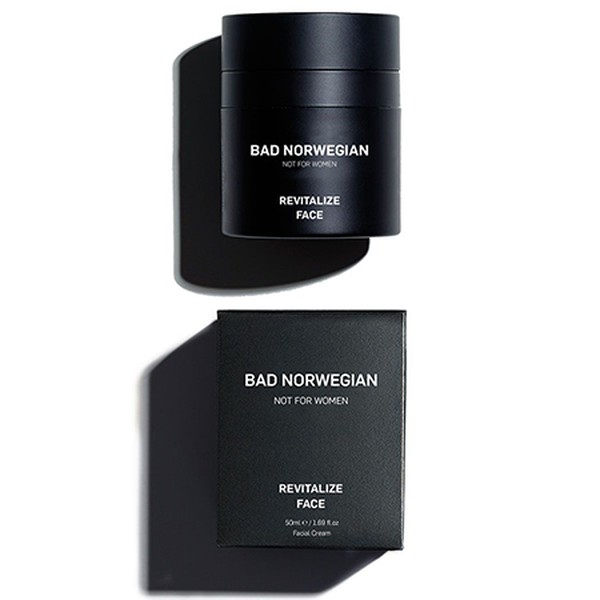
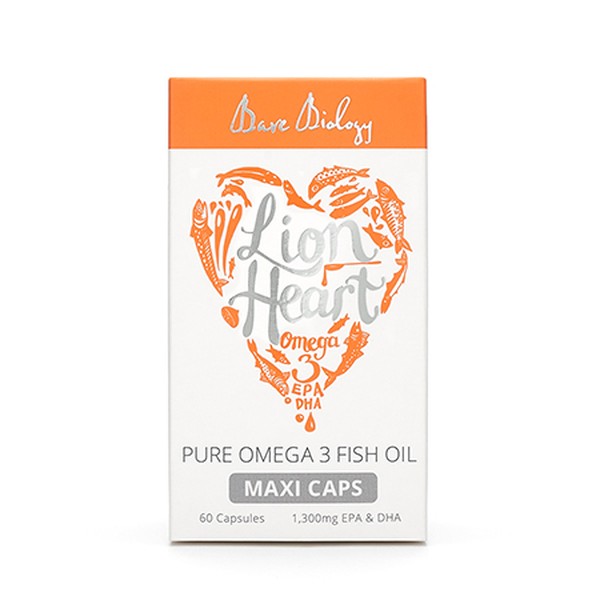
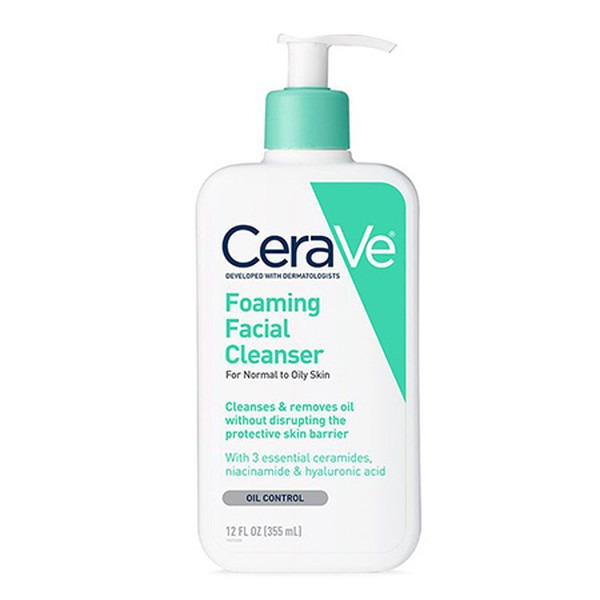
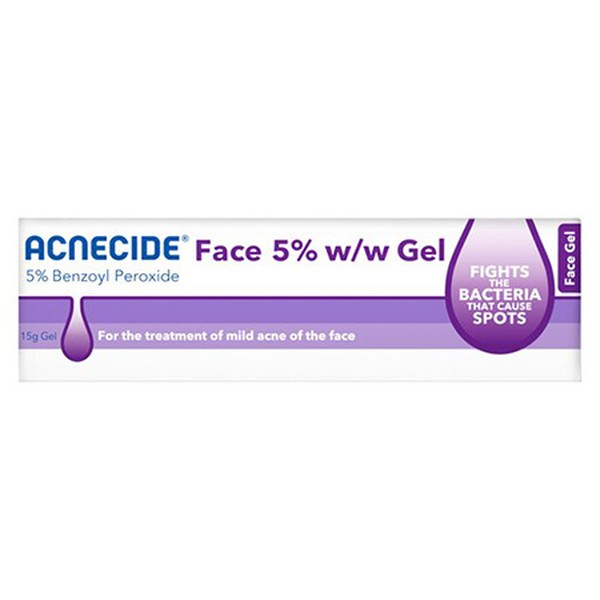
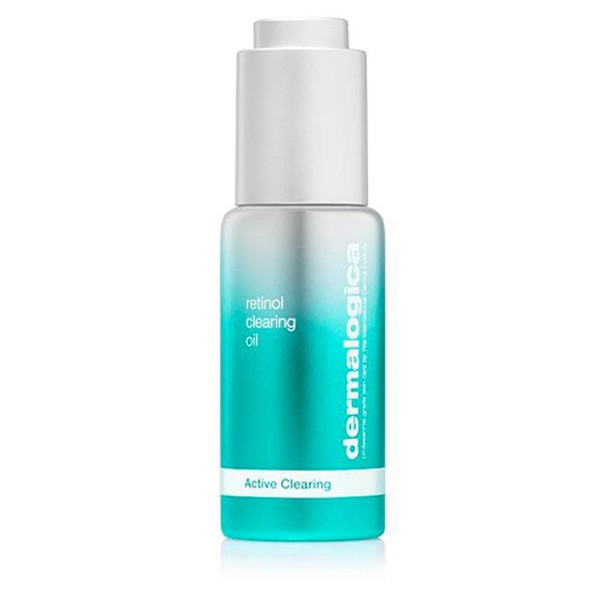
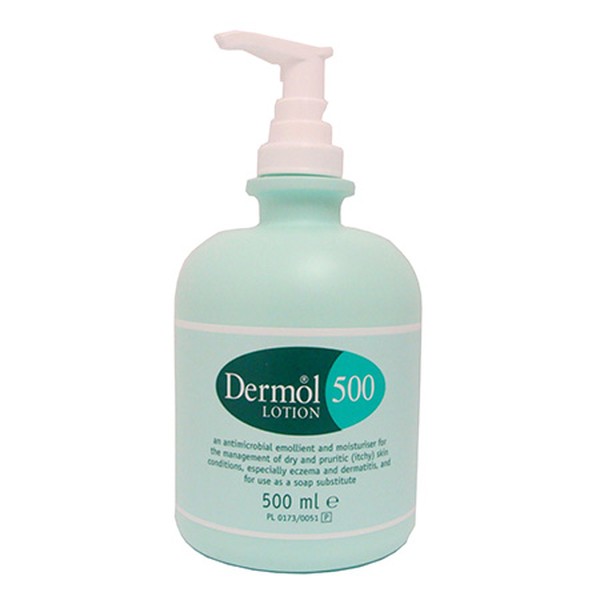
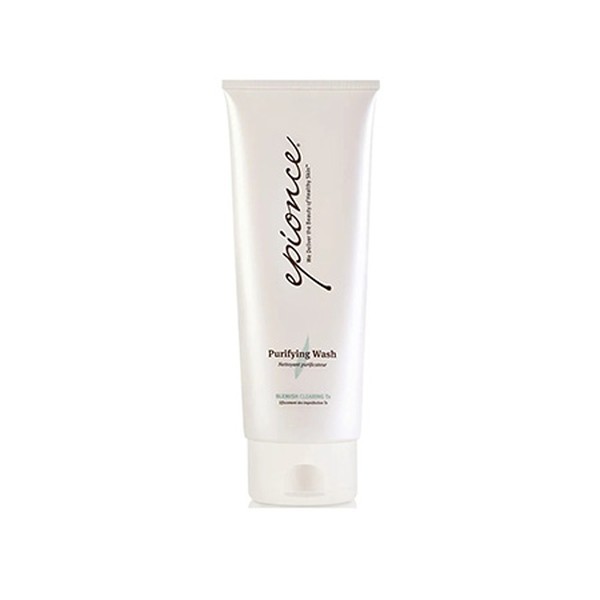
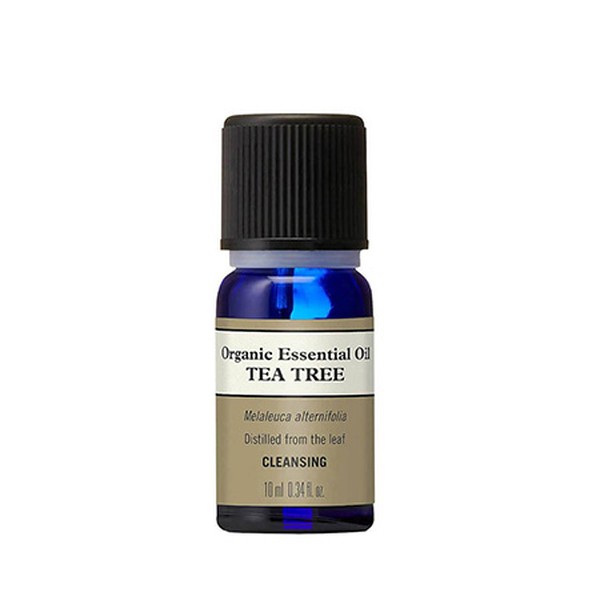
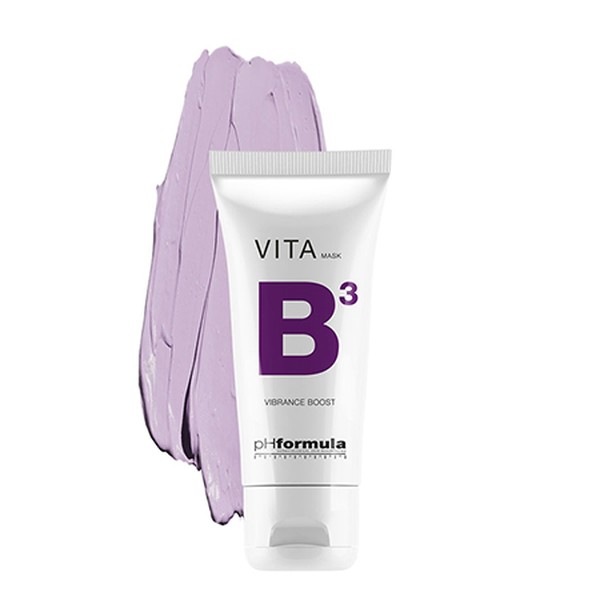
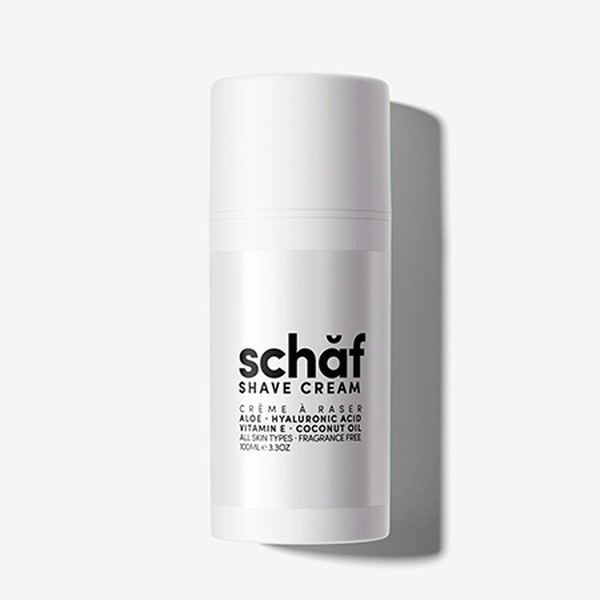
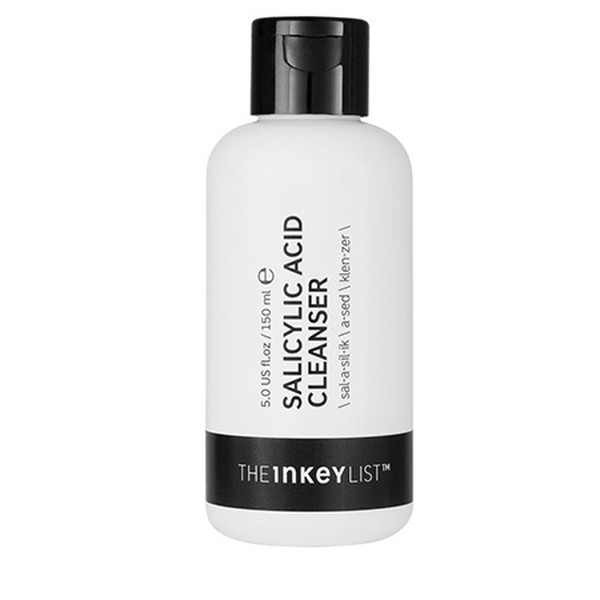
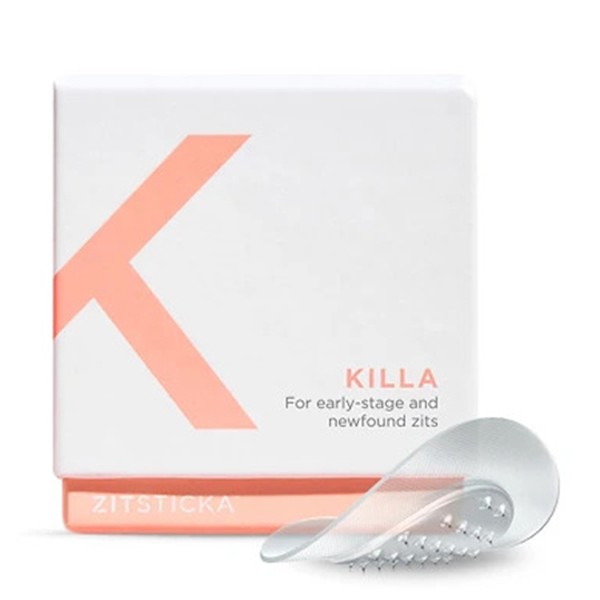
DISCLAIMER: We endeavour to always credit the correct original source of every image we use. If you think a credit may be incorrect, please contact us at [email protected].
